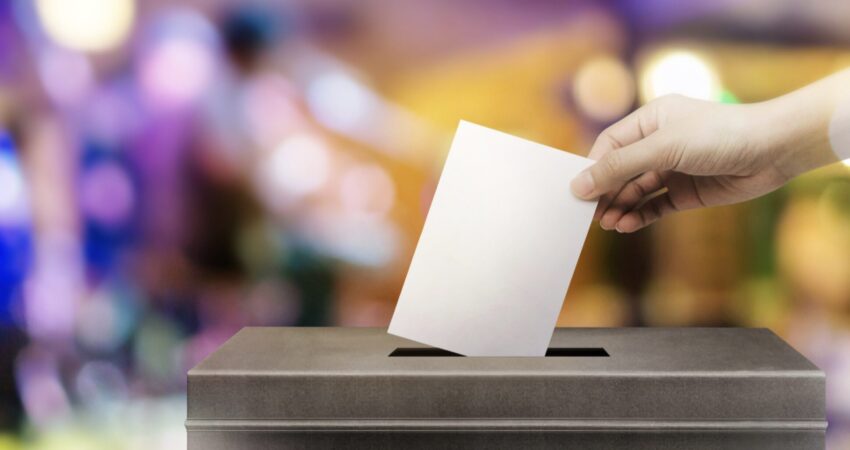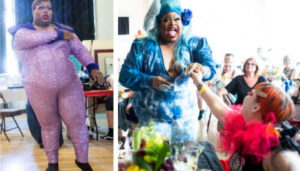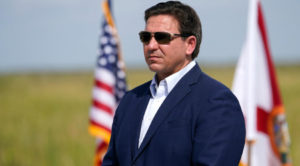Boston’s political landscape recently found itself embroiled in controversy, reflecting a concerning trend toward racial segregation and potential voting policy alterations. Mayor Michelle Wu’s divisive “no whites” Christmas party stirred public outrage, occurring simultaneously as the city council grappled with the proposition of allowing noncitizens to vote in municipal elections.
The debate over permitting noncitizen voting surfaced during a Boston city council meeting when Councilor Kendra Lara introduced a proposal seeking to extend voting rights to noncitizens. Lara argued that these individuals, though voiceless in local governance, have contributed to and invested in their communities, emphasizing the necessity for everyone to have a say in matters impacting their lives.
However, the discussion raised critical challenges, particularly in handling voter rolls, evident in comparisons to Takoma Park, Maryland, where allowing noncitizens to vote saw a minimal impact due to its smaller population size. The prospect of thousands of noncitizen voters in Boston prompted concerns about efficient record-keeping and managing voter information databases.
Elections Commissioner Eneida Tavares highlighted logistical issues in managing a larger pool of noncitizen voters, expressing the preference for utilizing the secretary of state’s database for streamlined voter information maintenance. Tavares also underscored the public disclosure of immigration status if a noncitizen registered to vote, raising legal and privacy concerns.
Council members further worried about potential confusion among noncitizens, fearing they might inadvertently commit voter fraud by participating in state and federal elections, contrary to the intended citywide voting rights proposed by the ordinance.
Simultaneously, the controversy escalated as Mayor Wu’s aide, Denise DosSantos, sent invitations excluding white council members from the “Electeds of Color” Christmas party. Wu defended the racially segregated event, citing its historical recurrence and attributing the email mishap to an innocent mistake.
However, the exclusionary nature of the event, even barring Wu’s own husband, Conor, who is white, ignited public scrutiny and widened the rift in an already contentious atmosphere regarding race and representation within Boston’s political sphere. These incidents underscored growing tensions regarding racial inclusivity and fairness in both political participation and social gatherings within the city.





